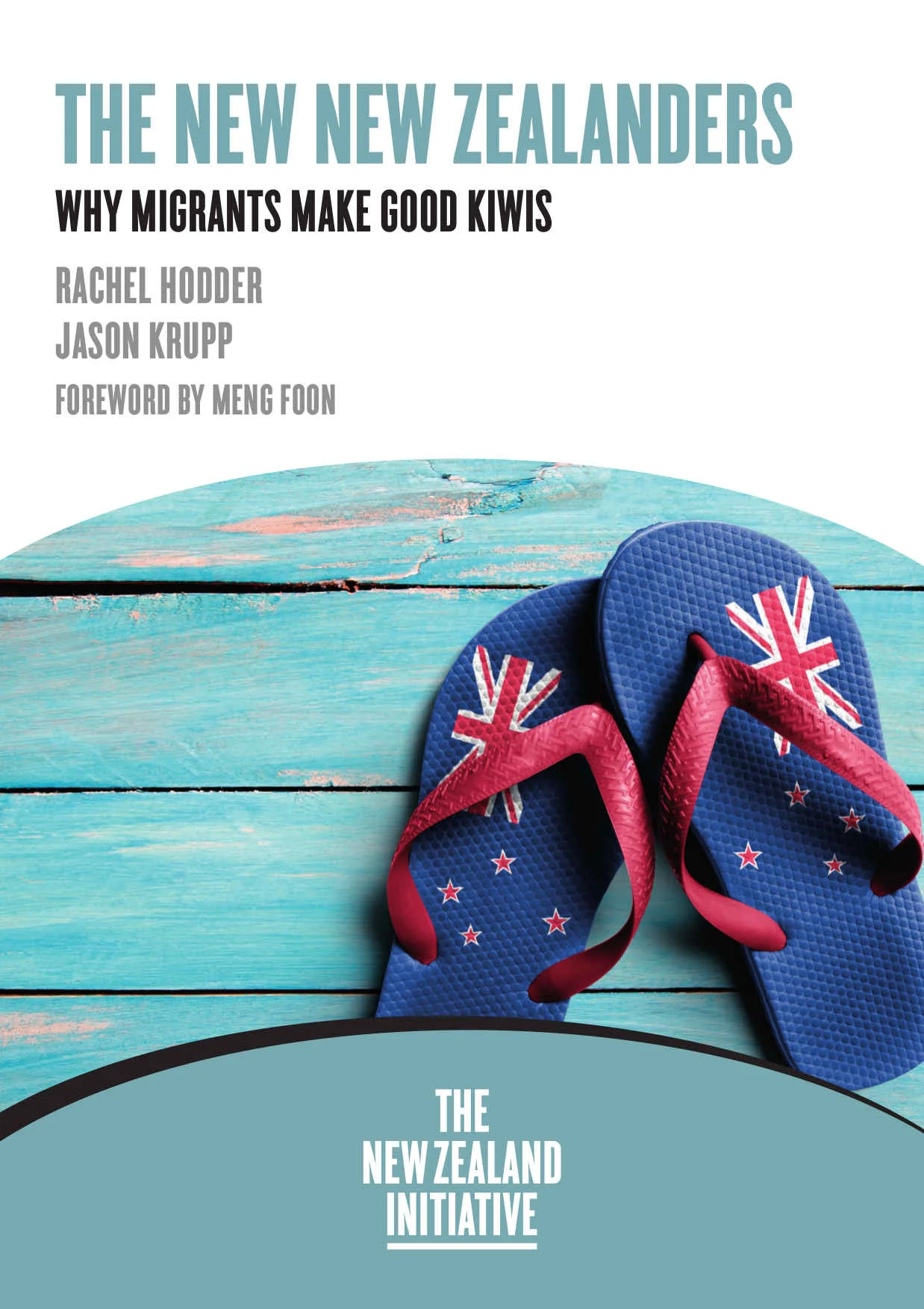Migrants: New Zealand is benefitting from immigration, says New Zealand Initiative
- The below is courtesy The New Zealand Initiative. To know more about the institute and their research, please visit nzinitiative.org.nz
Highlights:
• The number of foreign migrants has been rising, but the Permanent and Long-Term (PLT) figure does not tell us how many are being added to the population on a permanent basis. Official figures show 58% of arrivals are temporary work, student, or visitor visas, of which fewer than one in five are expected to gain permanent residency.
• New Zealand has relatively little ethnic or migrant clustering. Survey data reveals migrants integrate well in New Zealand (87% of migrants say they feel they belong to New Zealand) and exhibit relatively high mental and physical health and life satisfaction.
• While most New Zealanders embrace the diversity migrants bring to New Zealand, there is concern about the impact of migrants on national identity, particularly among Māori.
• New Zealand’s overheated housing market is causing major problems for New Zealanders. Migrants do add to the demand for houses and impose upward pressure on house prices, but much less than commonly thought. The housing crisis is being driven by native-born New Zealanders’ purchases and a booming economy.
New Zealand is benefitting from immigration a new report by The New Zealand Initiative says. It also found that the current immigration policy settings are broadly fit-for-purpose, but policymakers should be vigilant to ensure this remains the case.
Launched on January 30, The New New Zealanders: Why migrants make good Kiwis looks at the many people who are choosing to make New Zealand their home, and the effect they have on our society.
”Four out of five New Zealanders believe immigrants improve our culture and society, and almost seven out of ten New Zealanders believe migrants make a positive contribution to the economy,” says the Initiative’s Executive Director Dr Oliver Hartwich.
“New Zealand’s new arrivals bring skills, diversity and global connectedness to the country and its society. However, we also felt it was important to address the very real concerns that some people have in regards to migration and how this affects the Kiwi way of life.”
“Our research showed that if we are confident as a country, and confident about our economic prospects and unique cultural identity, then we should not fear immigration.”
The New New Zealanders examines the effects migrants have on the job and housing markets, infrastructure, crime rates and what their fiscal impact on the economy is – compared to native born New Zealanders.
In the year to June 2016, 125,000 people chose to move to New Zealand on a permanent and long-term basis (PLT). However, arrival figures can overstate the extent of permanent immigration to New Zealand. PLT covers all people who chose to spend more than 12 months in New Zealand, many of whom are here temporarily. Of these 125,000 people, 29% comprised of New Zealand or Australian citizens. A further 55% comprised of people who are on temporary student and work visas. Official figures show that less than a fifth of these temporary visa holders gain permanent residency.
Analysis of the New Zealand General Social Survey shows migrants integrate well into New Zealand both economically and socially. Migrants have high employment rates and low benefit uptake. Migrants have higher mental health, physical health, and life satisfaction scores than native-born New Zealanders. 87% of migrants say they feel they belong to New Zealand.
But there are further actions that could be implemented to ensure migrants continue to positively contribute to our society. Measures that let high salaries count towards a migrant’s point tally, private sponsorship, levies, and creating opportunities for bilateral free movement agreements are some approaches discussed in The New New Zealanders.
“With immigration likely to receive a lot of discussion during the lead up to the election, we believe it is important to engage with the government, policymakers, businesses and the general public to create more understanding about the people who arrive into our country every week,” says Hartwich.
“Immigration is important. The stronger New Zealand gets as a nation, the more attractive it will look as a new home for many migrants. So long as there are robust measures in place to efficiently and effectively integrate these new arrivals, we should embrace the diversity that they bring to our society.”
- The above is courtesy The New Zealand Initiative. To know more about the institute and their research, please visit nzinitiative.org.nz



